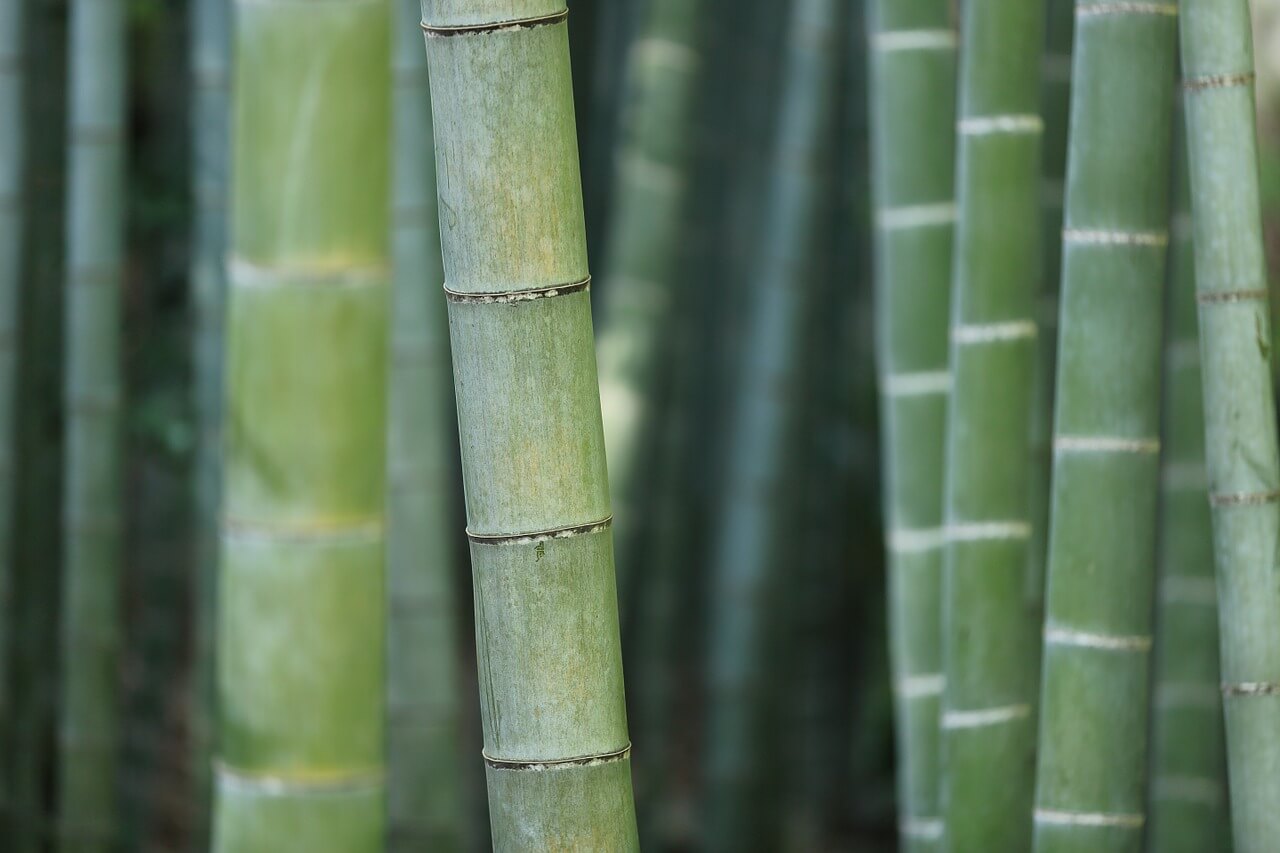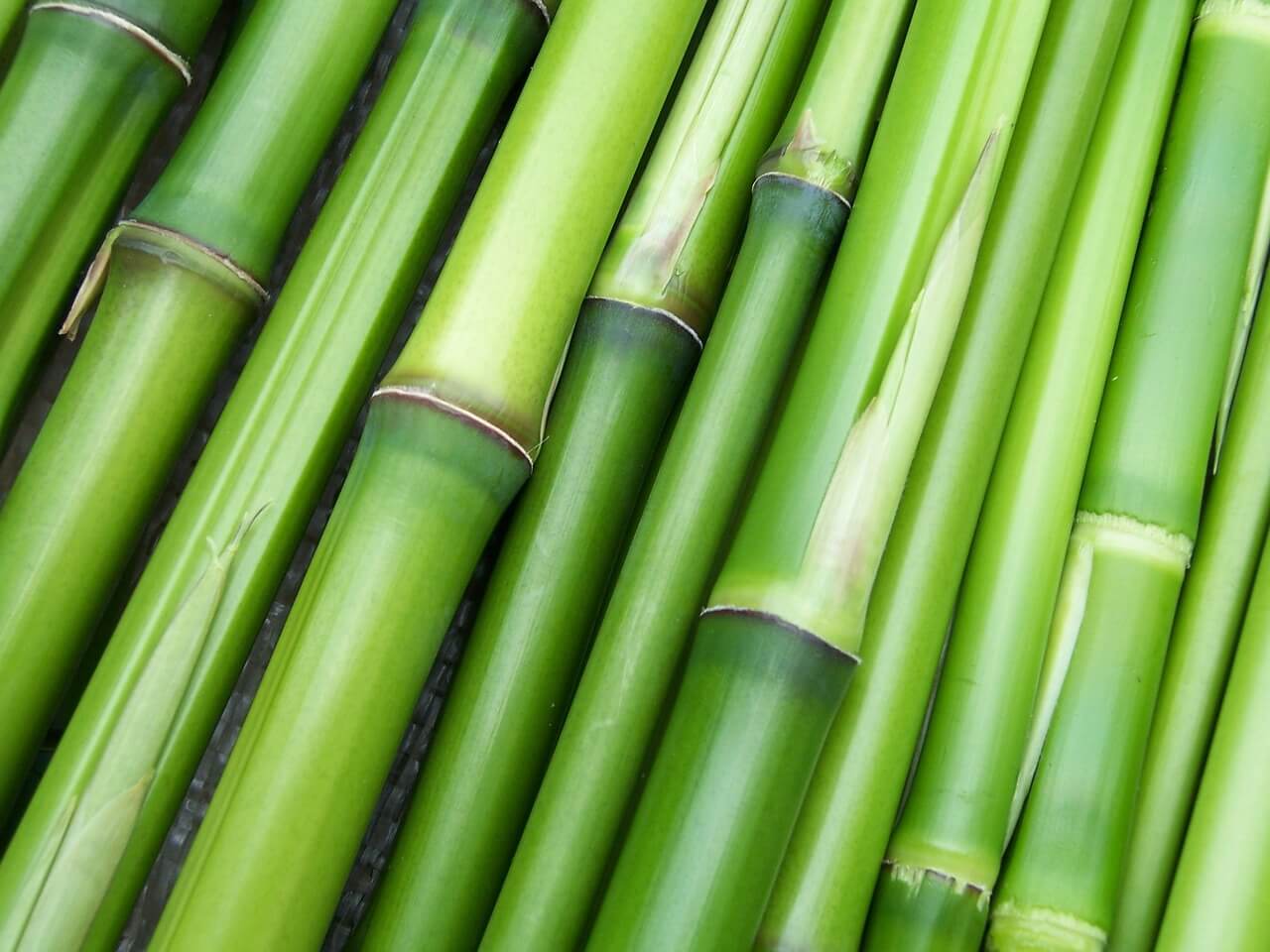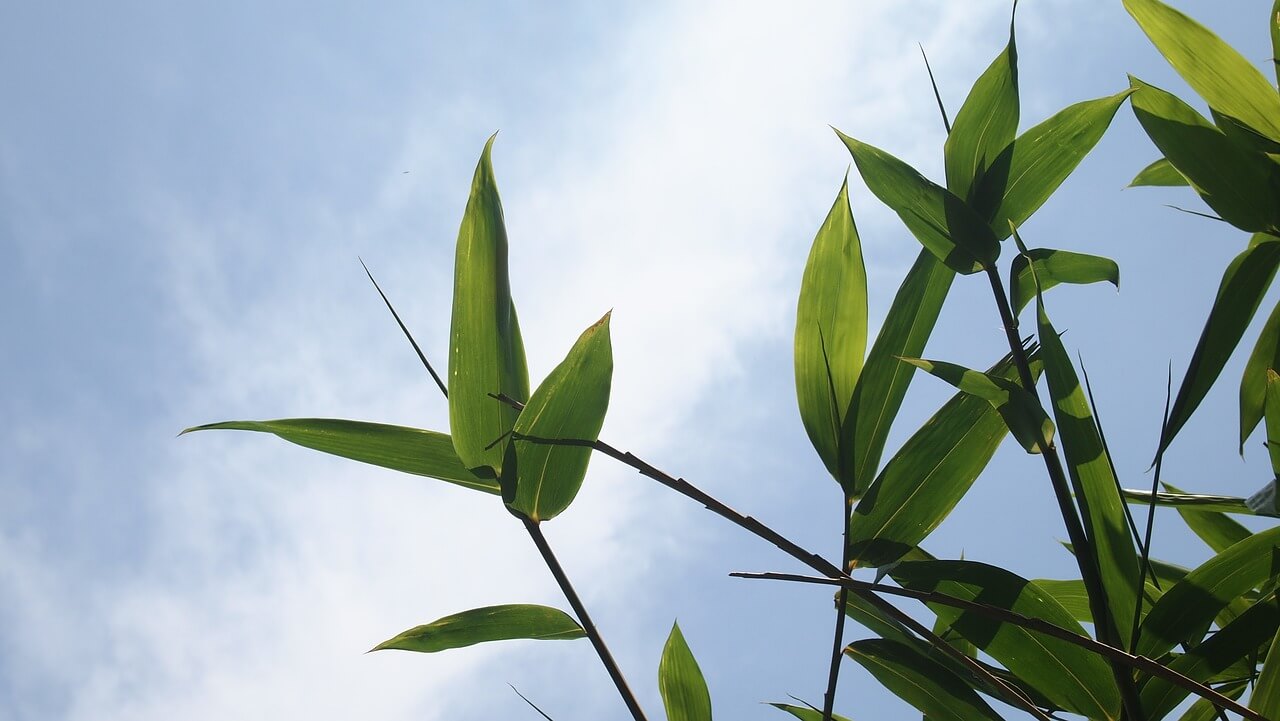Bamboo is the fastest growing plant in the world and is used for a wide variety of things, from furniture and scaffolding to garden plants and fencing. Due to its diversity of uses, the demand for bamboo is high. This means that farming bamboo is a good option if you have some land to spare. Let’s take a closer look at how to start a bamboo farm.
What You'll Learn Today
Why Start a Bamboo Farm?

Demand for bamboo is increasing, and although it is currently grown mainly in China, an emerging trend is bamboo farming in the US and Europe.
Besides its incredible growth rate, strength and durability, bamboo is also very sustainable. It is quick to renew, releases oxygen, captures carbon, and generates a good amount of profit.
If you farm bamboo, once you have planted the initial plants, they can be harvested regularly. There is no need to replant as they spread themselves naturally.
They don’t require herbicides or pesticides and will grow almost anywhere that corn will grow. This makes them a very easy to manage, potentially profitable crop.
In this video, you will see why starting a Bamboo farm can be such an excellent investment:
How Much Does it Cost to Start a Bamboo Farm?
Depending on which model you choose, from backyard pot-growing to sizeable commercial farming, your costs will depend on the varieties you grow, how you grow them, and if you need to buy land and equipment.
Generally, costs for starting a bamboo farm are pretty low. You’ll need to find out the best varieties of bamboo for the type of activity you want to set up and the climatic conditions in your area.
If you’re going to be selling bamboo grown in pots in your backyard for people to put in their garden, then dwarf and non-running types may be more popular.
Grow them in simple containers and planters to different sizes to suit different needs, and choosing biodegradable ones is a great idea. Initial costs for this kind of setup could be as low as a few hundred dollars.
If you can, talk to other growers and find out what types sell best. Bamboo growers can be found online if you can’t find any in your local area. Just visiting your local garden center can help you to see what’s available locally and how much it’s selling for.
How Hard is it to Start a Bamboo Farm?

As with growing almost any type of plant, bamboo is not a get-rich-quick scheme. It takes time and effort to research the best solutions for your particular circumstances.
Some things you will need to consider include:
1. What resources do you have available?
Do you have a large backyard, a nursery, or farmland you could partially convert to growing bamboo?
2. What budget do you have for starting up?
Can you afford the setup costs for the size of operation you are planning, or will you need to raise capital somehow?
3. What are the legalities of setting up such an enterprise in your area?
Do you need any formal permissions?
4. What species of bamboo are best for the type of enterprise you plan to run, and will they grow well in your climate?
5. How are you going to market and sell your product?
Exactly who is going to buy it?
6. How can you expand your business in the future?
As we’ve already discussed, bamboo is fast-growing, and there’s a great demand for it. This means it can be a valuable cash crop if you’re able to produce enough of it.
Just being able to grow bamboo isn’t enough. You’ll also need to have a good level of marketing expertise as growing is only the first element; selling it is something else.
Because there are lots of niche markets for bamboo and because there are bound to be several species and cultivars perfect for your chosen niche, the only other things you need are starter plants, dirt, sun, and water.
You’ll also want to become knowledgeable about the plants you grow and be able to advise your clients about the best ones for their needs. You’ll have to learn how to distinguish one type from another, how to care for them properly, and how to identify and fix any problems.
Because running a bamboo business is so scalable, you could start with just two or three species and gradually build your portfolio as you go.
Selling Your Bamboo
You may choose to sell at local markets, on Craigslist, or even at garage sales. Or you could open a retail nursery and sell to the public that way. Online sales are also possible, although transportation can pose something of a problem.
Bamboo is easy to propagate, and running bamboo has rhizomes that run along the ground spreading the plant. These can be easily divided up to produce new plants. Once potted up, they will take just a couple of years to become big enough to sell.
If you decide to open a nursery, you’ll need the relevant business permits and regular set business hours when the public can visit. Alternatively, you may opt to work on an appointment-only basis. Remember, however, that the more you are open, the more sales you are likely to make.
A wholesale nursery is another option and could remove the need to deal with the general public, focusing on selling B2B instead. By creating a wholesale setup, you may be able to specialize in only the most popular varieties of bamboo that are most in demand from general nurseries.
Expansion
As your business grows, you can increase the number and type of services you offer and scale-up. Such services may include:
- Bamboo removal – some species of bamboo are very invasive and can take over. Some property owners may need help to remove such plants from their land.
- Bamboo planting – equally planting bamboo, particularly for commercial clients, could be an excellent extra service to offer.
You can check out more ideas below in “how do you make money selling bamboo.”
Is a Bamboo Farm Profitable?

A single pot of bamboo may be sold for $35 to $500, depending on the size and species. In half an acre, you can fit around 4800 such pots. So gross profit on that half-acre could be between $168,000 to $2,400,000.
For this level of sales to work year on year, you’d need sufficient land to raise more plants to replace the ones you’re selling, as well as a buoyant marketplace to sell them.
If you have no access to any startup capital, you could offer a free bamboo pruning service. Then all you have to do is re-pot the rhizomes gathered from your clients and grow them to sell in the following years.
This way, you will hopefully get access to several varieties and soon be able to make good profits.
The more land you have to turn over to bamboo, the more money you can theoretically make. As we saw above, you don’t need vast acreages to make money if you choose suitable varieties.
However, it is good to remember that you’re more likely to sell a more significant number of bamboo pots that cost $35 than you are of ones that cost $500.
If you have space to grow lots of regular or giant bamboo poles, you can sell them on Craigslist or another online marketplace for between $1 to around $20 each, depending on diameter and length.
On a larger scale, you might find a furniture maker or other business that will buy them from you in bulk on an ongoing basis.
How do You Make Money Selling Bamboo?
Due to the many uses for bamboo, house or garden plants, furniture, building materials, textiles, and so on, many different markets are looking to buy what you sell. You may even decide to process the bamboo yourself and create something from it.
A few ideas for bamboo businesses include:
- Specialty bamboo – To grow a range of specialty bamboos such as ornamental, dwarf, clumping, running, or giant, you may be able to set up a business turning over a good profit even on a very small scale.
- Bamboo nursery – A nursery can be tiny and specialist up to large and diverse. It can cater to the general public or just for supplying other businesses.
- Bamboo farming – To farm bamboo, you’ll need to find suitable buyers who want to buy your product in bulk. Although most bamboo comes from China or Southeast Asia, it is perfectly possible to grow high-quality bamboo in the US which may be more attractive to some businesses.
Another alternative is to grow bamboo to use yourself and convert it into another product.
- Fuel – A newly emerging market for bamboo is fuel like ethanol or biomass. There are now over 20 ethanol plants in the United States, and this number is likely to continue increasing. These ethanol plants can process bamboo chips into ethyl alcohol which is a clean fuel source.
- Food – Bamboo has been used as food for centuries in China and Asia. Fresh, tasty bamboo shoots are not only delicious but healthy too. They appear in spring and fall and are a good source of fiber, minerals, and protein.
You may want to choose one of these as a stand-alone business, or you may decide to combine more of them for a more diverse business model.
Conclusion
Bamboo is a highly versatile and useful plant. Although widely used in China and Asia for thousands of years, it is growing in popularity in the west. This can be attributed to how fast and easy it is to grow and because it is an environmentally sound material.
Businesses based on bamboo can be widely scalable, making them suitable for almost anyone that has a bit of suitable outside space to start.
If you’d like to learn more about bamboo, there are more articles available on our website.